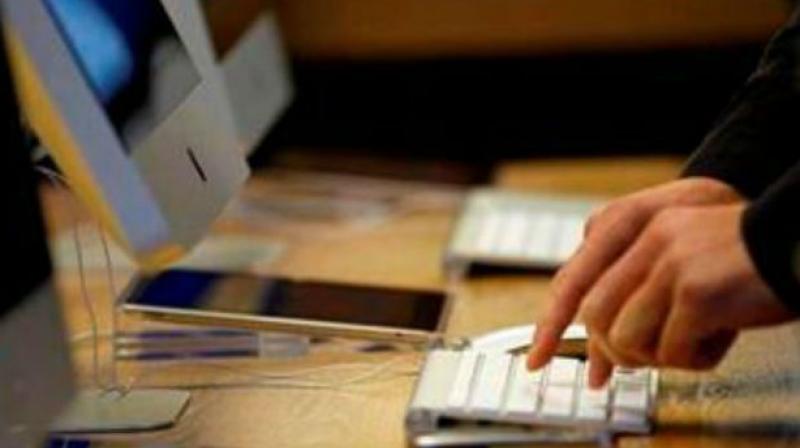Kerala: Experts bat for in-depth understanding of cyber crimes
The situation has been complicated with the advent of cloud computing, they say.

KOCHI: It is the contribution of the new millennium to humanity that digital devices and internet are making a major foray into the life of common people. Cyber crimes, cyber threats, cyber security and cyber forensics are now commonly discussed terms covering a wide range of issues in today’s life. In this context the Cyber Intelligence Research Laboratory, Department of Computer Applications of Cochin University of Science and Technology (Cusat) has convened a five-day workshop on cyber security and other topics in which eminent persons from within the country and two from outside is participating. The experts are of the opinion that with the advent of cloud computing and Internet of Things (IoT), the situation has become complex and deserves much more in-depth understanding, analysis and intervention.
“Earlier information was stored in hard disc or as mobile data, network format, RAM format, image format but now with the advent of cloud computing it is stored in cloud networks and one needs to identify first whether it is in Malaysia, Singapore or a European country or elsewhere. The co-operation of such countries and cloud service provider is also needed to crack such cases including hacking and cyber forensics face a different challenge here,” said Ezz El-Din Hemdan, assistant professor, faculty of electronic engineering, Menofia University, Egypt, who is among speakers at the Cusat conference. He also said that in other data formats, the boundary of the crime is well defined where as in cloud and IoT, it is not and hence the cyber forensics of today is much more demanding and complex than during previous days.
“Distributed Denial of Service (DDoS) is one type of attack on the cloud,” he said. “Digital evidence is still not taken as primary evidence in the courts due to lack of technical expertise of police to present it as credible evidence. However, there is a change in trend with Supreme Court taking digital evidence as primary evidence through a comment in a case in 2015,” said Vijith T.K., senior research fellow, Computer Applications Department, Cusat. He added that government firms should develop indigenous software for digital forensics and security so that cyber crimes can be tackled efficiently. The workshop will end on Monday.

